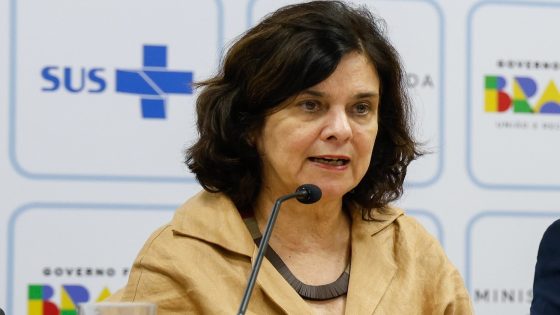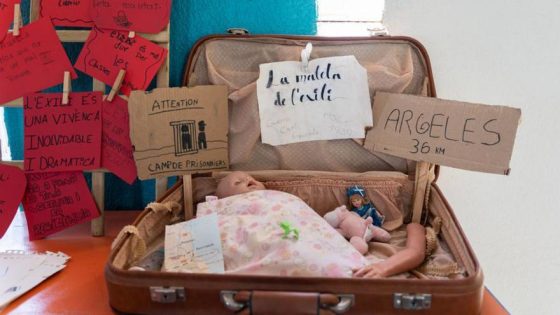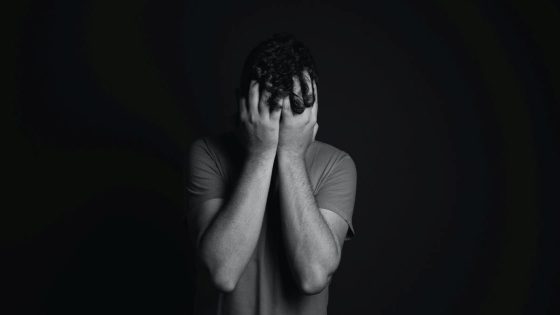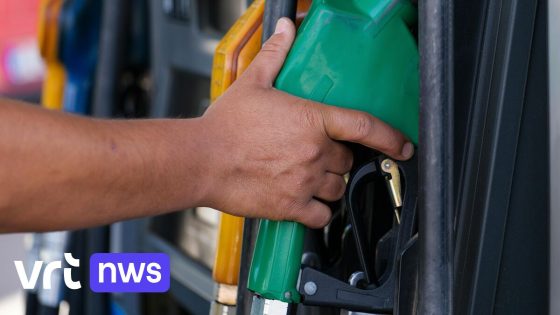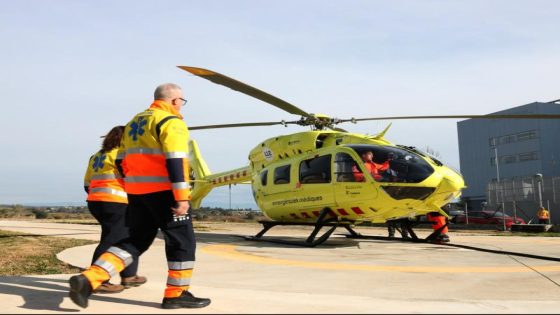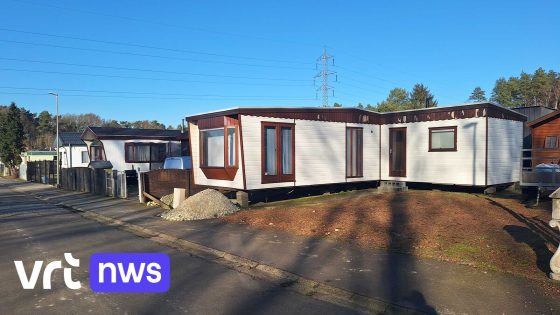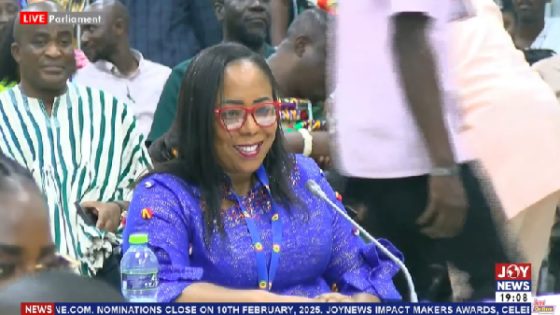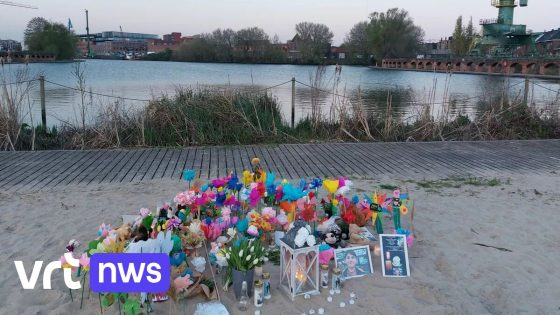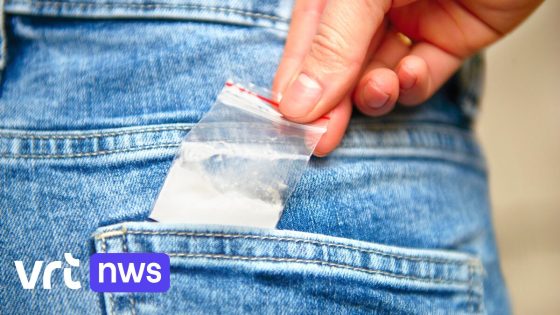The Brazilian government has announced that the Farmácia Popular program will now offer 100% free access to 41 essential medications and items. This significant change, revealed on February 14, 2025, aims to improve healthcare access for all citizens. Are you aware of how this initiative can impact your health and finances?
- 100% free medications in Farmácia Popular
- 41 medicines available at no cost
- Minister announces free medication initiative
- Inclusion of geriatric diapers in program
- Government expands Farmácia Popular services
- All medications can be retrieved for free
Farmácia Popular Expands Free Medication Access to Brazilian Citizens
How can a program like Farmácia Popular change lives? The Brazilian government’s recent announcement of 100% gratuity for 41 medications is a game-changer. This initiative not only alleviates financial burdens but also ensures that essential health resources are accessible to everyone. With the rising costs of healthcare, such programs are vital in promoting public health.
Key Changes in the Farmácia Popular Program and Their Benefits
The expansion of the Farmácia Popular program is a crucial step towards universal healthcare in Brazil. Here are some key points about the new changes:
- Complete gratuity for 41 essential medications.
- Inclusion of items such as geriatric diapers.
- Improved access for low-income families.
- Potential to inspire similar healthcare initiatives globally.
Understanding the Impact of Free Medications on Public Health
Free access to medications can significantly improve public health outcomes. When citizens can obtain necessary treatments without financial strain, it leads to better health management and reduces the burden on emergency services. This initiative can also encourage preventative care, as individuals are more likely to seek medical advice and treatment when costs are not a barrier.
How Brazil’s Initiative Could Influence U.S. Healthcare Policies
The Farmácia Popular program may serve as an inspiration for U.S. healthcare policies. As the U.S. grapples with rising healthcare costs, the success of Brazil’s program could prompt discussions on expanding access to essential medications. Could similar initiatives help reduce healthcare disparities in the U.S.?
Conclusion: A Step Towards Universal Healthcare
The Brazilian government’s decision to provide free medications is a significant stride towards universal healthcare. As countries around the world look for effective ways to improve public health, Brazil’s Farmácia Popular program could serve as a model for similar initiatives, including in the united states.



